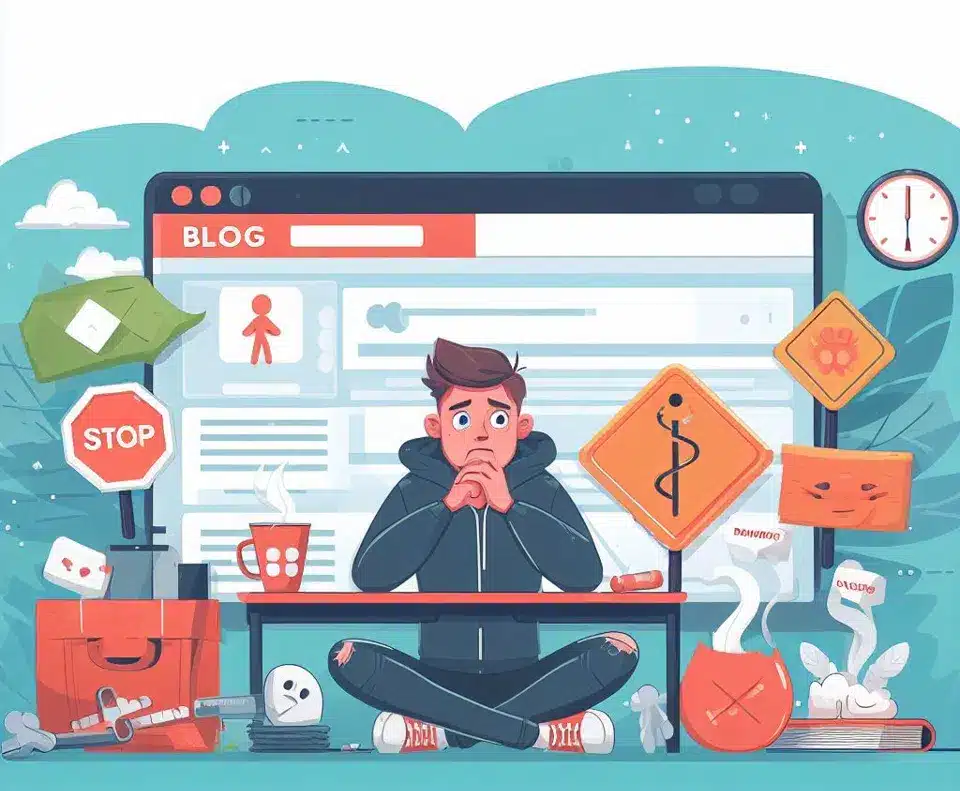Addressing addiction, particularly concerning substances like cocaine, is a profound challenge. It necessitates a deep understanding of the nuanced cues and evident indicators that someone might grapple with addiction.
Read on to explore the signs of cocaine addiction, offering insights so you can extend our support to your loved ones during their times of need.
Starting Out: Casual Use or Something More?
Cocaine often sneaks into people’s lives under the guise of a “recreational” choice. Maybe it starts at a party or a social gathering. But here’s the catch: what begins as casual experimentation can quickly escalate into a full-blown addiction. Watch out for that friend increasingly using larger amounts to get the same buzz—that’s a warning sign right there.
Physical Indicators: What to Be Aware Of
Cocaine has detrimental effects on the human body. Observing someone with dilated pupils, an accelerated heartbeat, or high blood pressure might signify a more significant issue than simply having a bad day. The impact of the drug can show up in visible ways, such as nosebleeds, frequent sniffing, and a runny nose, particularly when the drug is being snorted. It’s crucial not to overlook these signs, especially if they become recurrent.
Being vigilant about these physical cues can be instrumental in identifying a potential problem and offering timely help and support.
Behavioral Rollercoaster: Spotting the Shifts
One of the most noticeable signs of cocaine addiction is a behavioral change. Abruptly, your once lively friend withdraws, avoiding social gatherings and neglecting their responsibilities. Mood swings hit hard; one moment, they’re ecstatic, and the next, they’re angry or anxious.
Keep an eye out for secrecy, lies, and financial troubles. Those struggling with addiction frequently prioritize their drug requirements over essential needs and obligations.
The Mental Struggle: How Cocaine Affects the Mind
Cocaine significantly affects the mind. Anxiety, paranoia, and hallucinations are common effects of cocaine use. You might notice your friend or loved one constantly chasing that initial high, leading to obsessive behavior.
It’s heartbreaking to see someone you care about in this cycle, but understanding these psychological symptoms is critical to helping them.
The Challenge of Withdrawal
When someone addicted to cocaine tries to quit, it’s like a storm inside them. The withdrawal symptoms, like fatigue, increased appetite, depression, and overwhelming cravings, hit. It’s tough, and they need all the support they can get.
Withdrawal symptoms can be a barrier to quitting, but with the right help, recovery is possible.
Being There: How You Can Help
Approaching someone about their addiction is delicate. It’s all about empathy and understanding. There should be no judgment, just genuine concern. Encourage them to seek help, offer a listening ear, and be patient. Treatment options, like therapy and support groups, exist, but they need a strong support network, which could be you.
Addiction is a battle but can be fought with love, support, and understanding. So don’t look the other way if you suspect someone is struggling. Reach out to them; your compassion might be just the lifeline they need.
Here at Family Interventions, we understand that recovery isn’t a one-time event; it’s a journey. We’re all about giving you the support you need every step of the way. Our personalized interventions are designed to be your guiding light in this process. Contact us if you’re looking for a helping hand on your path to recovery. We’re here to help you reclaim your life.

